In the Indian democratic setup, the executive is responsible to Parliament in general and Lok Sabha in particular. The legislature has to keep a check on the functioning of the executive (ruling dispensation). Parliament is the supreme body to ensure accountability. In this light, the Speaker has been entrusted dignity and honour by the founding fathers of the constitution.
S/He is the head of the Lok Sabha and represents a collective voice. Independence and Impartiality are sine qua non for a speaker. Following are the functions of the speaker :
- S/he decides the allocation of time for the question/zero hours.
- Pronouncing issues for discussion.
- In case of disagreement in Lok Sabha, his decision is final.
- The framers of the constitution envisaged him as the guardian of the Lok Sabha.
The Winter Session of the Parliament has begun. There are high chances of disruptions. The last session was nothing but chaos. Therefore, let me shed some light on this position.
Place: House of Commons, England, Date: 17 Nov 2021
Background: Prime Minister Boris Johnson was supposed to answer Prime Ministers Question raised by the leader of opposition Keir Stramer. Instead, PM was raising queries.
Lindsay Hoyle- Speaker: Prime Minister, I don’t want to fall about it. I made it very clear. It is a Prime Ministers Question. It is not the opposition to answer your questions. Whether we like it or not, those are the rules of the game that we are all into, and we play by the rules, don’t we? And we respect the house.
PM: I am sorry, Mr. Speaker, we still have not heard why the honourable gentleman…
Speaker: Order! Order! Prime Minister! Sit down! Prime Minister, I am not going to be challenged. You may be the Prime Minister of this country but in this house. I am in charge! End of that.
Place: New Delhi, India, Date: July 2008
PM Manmohan Singh had taken an uncompromising stand for the signing of the Indo-US nuclear deal. The Communist Party (Marxist) (CPM) withdrew support to the UPA-I in protest. Mr. Somnath Chatterjee, a distinguished lawyer, parliamentarian was the first communist Speaker of Lok Sabha. The CPM wanted him to resign from the position. It was hinted at by the party directly and indirectly. The pressure got mounted on him from all sides. Yet, Chatterjee refused to tender resignation. He argued that the position of a speaker is above the party. It should not get disfigured with party politics.
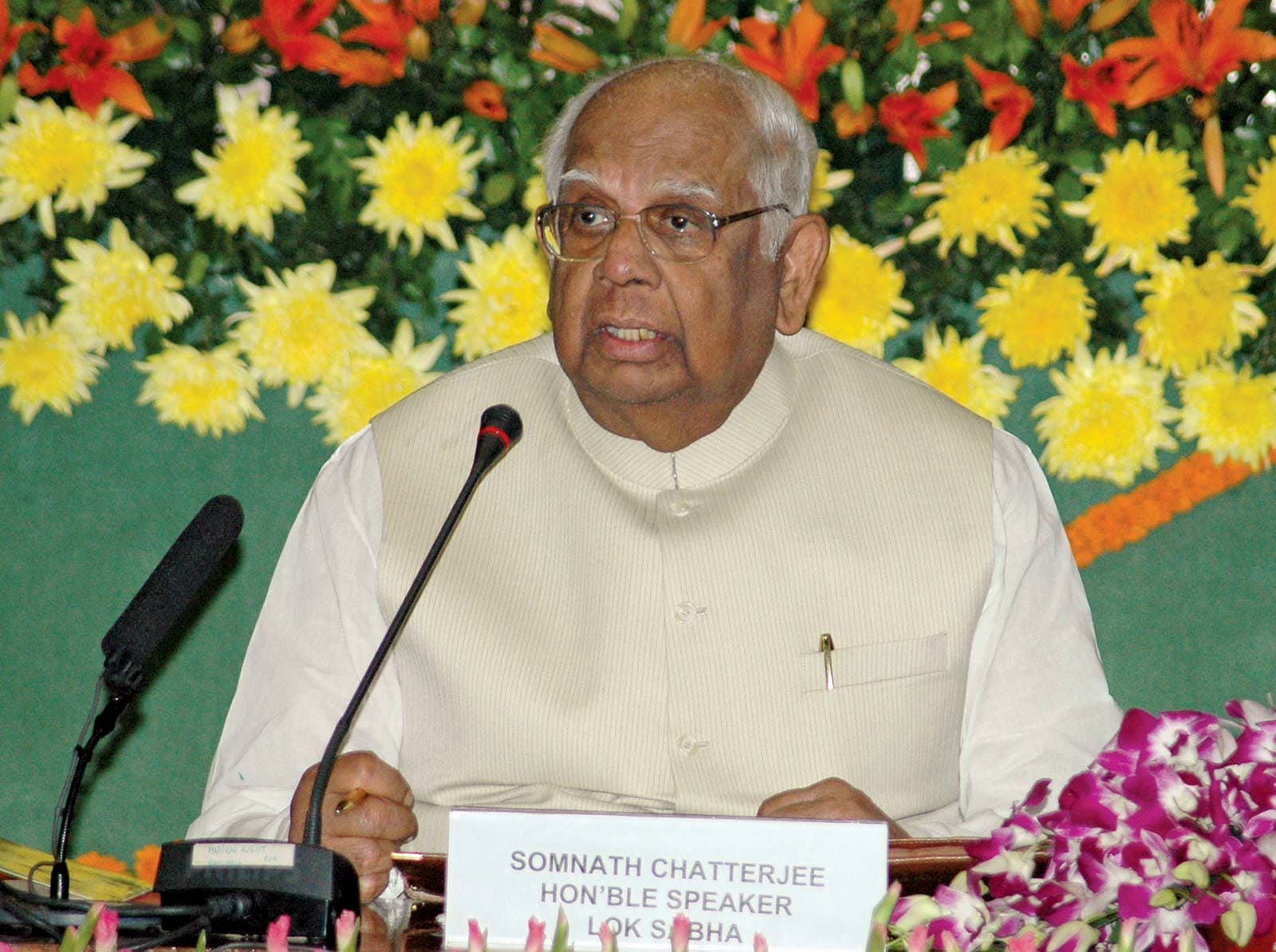
Mr. Chatterjee was fully aware of the consequences as he was going against the polity bureaus' decision. As expected, the party was unable to digest the stance. Further, CPM expelled him from the party. Later in life, he recalled it as the worst day in his life. He was one of the rare politicians who sacrificed his career in pursuit of upholding the Constitutional position.
Post-CPM support withdrawal, UPA-I managed the five-year term. Mr. Chatterjee was no more associated with the CPM. Even CPM was on the opposition benches. Yet, UPA-I showcased the political maturity of not challenging the post of Mr. Chatterjee. He completed his mandated tenure.
It was a rare scenario in which constitutional principles received respect over and above politics. It brings us to the question of the election of the Speaker: Article 93 of the Indian Constitution states, “The House of the People shall, as soon as may be, choose two members of the House to be respectively Speaker and Deputy Speaker.” There is no mention of specific sets of qualifications. The person gets chosen by the simple majority. Usually, s/he is from the ruling coalition and the Dy. Speaker is from the opposition benches. Unfortunately, the current dispensation is so thick-skinned that they have not appointed Dy. Speaker from last two years. In other words, it has ignored the constitution as it says ‘as soon as may be’. Currently, the matter is in Delhi High Court.
The United Kingdom has three significant conventions.
- Once the person gets elected as a speaker, s/he ceases being a member of a political party.
- In general elections, s/he does not campaign on political matters.
- They do not get challenged by candidates from major political parties. The practices are to ensure the principle of neutrality. It is to make sure s/he represents a collective voice and not a single party.
Meanwhile, in the Indian context, we do not have well-built intra-party democracy. There are no conventions or rules to ensure non-partiality and independence. Therefore, except for a few exceptions, Speakers are generally minions. Subsequently, it turns Lok Sabha from a watchdog to jeopardy.
Place: Lok Sabha, New Delhi, India, Date: Aug 2021
The Union government got charged with hacking and surveillance of the mobile phones of the opposition, journalists, activists, etc. It purported that the regime took the recourse of Pegasus software for hacking. It is the policy of the manufacturer to sell the software only to government entities. It made suspicion of the opposition very obvious.
Even the minister defending the Union in Lok Sabha was on the potential list of people whose phones got hacked. The charges were grave. Supreme Court in Puttuswamy v. Union of India had declared the right to privacy as a fundamental right. If true, the executive had committed a crime by infringing upon citizens right to privacy. It is an infringement on fundamental rights. Surveillance has many other spills effect as well. It helps the ruling dispensation to control the citizens by holding detailed information. More data about the citizens, easier to predict, regulate and manipulate. It gives immense power and control in the hands of the authority.
Does the state use Pegasus (hacking software) or not? The opposition demanded an unambiguous comment. The Union government categorically ignored the question. The opposition was accusing the regime of shrugging off the responsibility and not providing a clear answer. It got furious over the responses received and started disrupting the sessions in demand for explanations. There was utter havoc in the Parliament. On top of it, the government proposed bills in the Parliament. The bill got passed in minutes amidst the disruptions. The entire session of Parliament followed a similar fate.
Who is responsible for such a scenario? Is it the government or the opposition?
More than government or opposition, it is the Speaker responsible for the smooth functioning of the Lok Sabha. If the government gets questioned for alleged involvement in an illegal act of such grave ramifications, the Lok Sabha has to ensure the accountability of the government. Speaker is the guardian of the rights and privileges of the Lok Sabha. Therefore, it is s/he who needs to hold the authorities accountable for the actions. The Lok Sabha website mentions, “S/he (Speaker) symbolizes the dignity and power of the House over which s/he is presiding. Therefore, it is expected that the holder of this Office of high dignity has to be one who can represent in all its manifestation.”
As seen earlier, Lindsay Hoyle, the Speaker of the House of Commons, made PM accountable to the house questions. He even shut the Prime Minister for evading questions. In the current context, imagining a similar scenario in India would be a utopia! At least, we can expect the Lok Sabha speaker to hold the government accountable for answering questions.
We have a speaker who makes sure the government remains unhindered even in the matter of fundamental rights. If he could have taken a stance, forcing the government to answer the questions, things would have been different. He made sure the government shrugged responsibility and held the opposition responsible for the disruptions. It is hard to imagine that Mr. Chatterjee used to sit on the same chair in such a scenario. As a speaker, he acted above the party line to preserve the sanctity of the position. He was one of the rare breeds of politicians. Hence, remembering him becomes equally important. At the same time, it won’t be wrong to say today- Speaker is an empty suit in a Constitutional chair.
- Akshay Joshi
akshayjoshi6090@gmail.com
(Writer is a Public Policy Practitioner)
Tags: RajyaSabhaSpeaker Ombirla Democracy wintersession. Parliamentsessions winterparliament zerohour questionhour Load More Tags

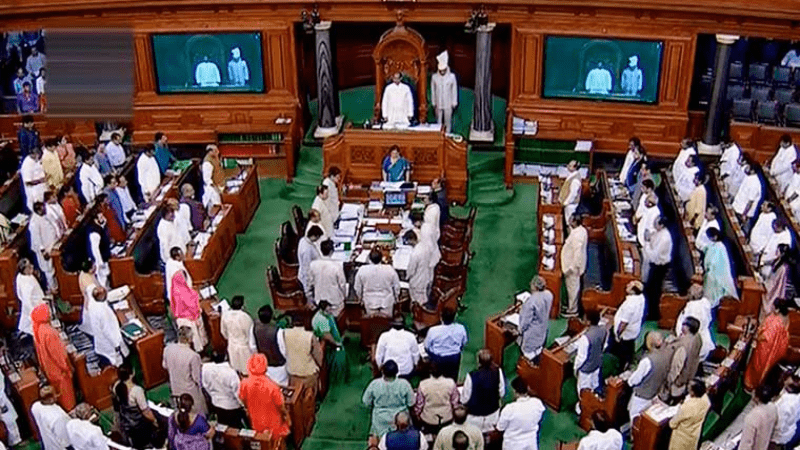
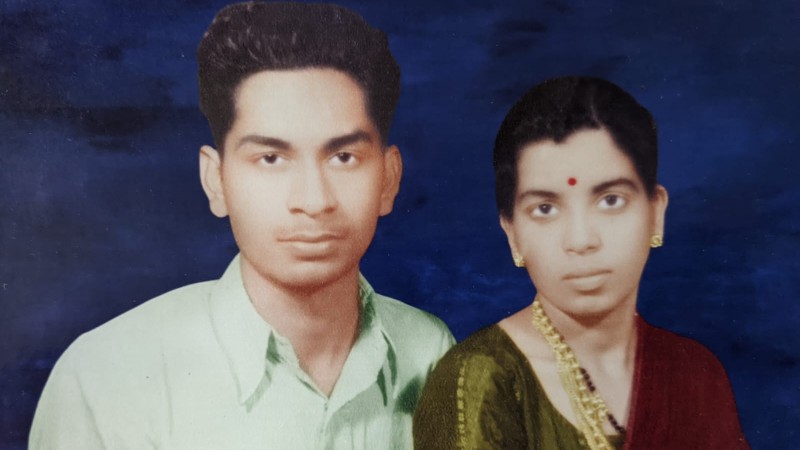
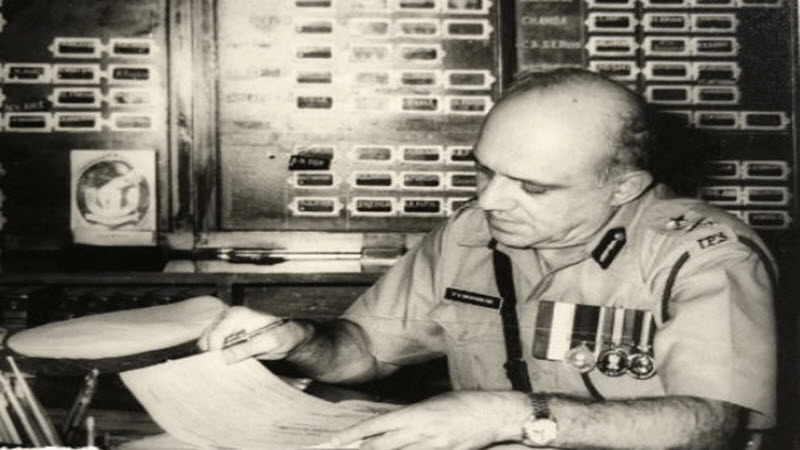
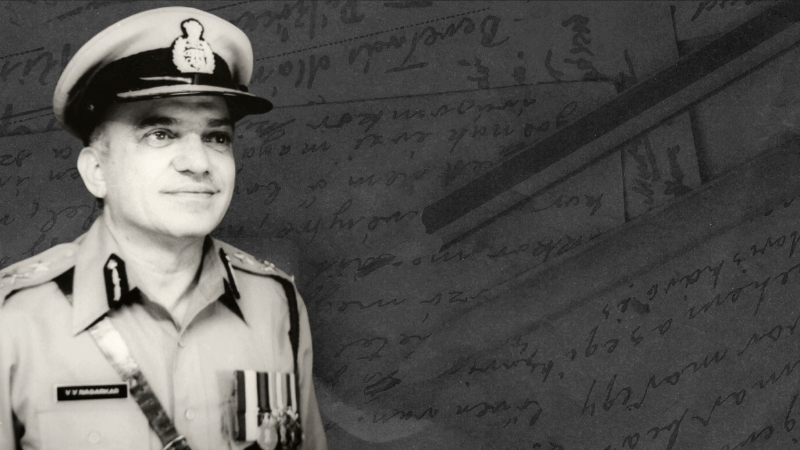
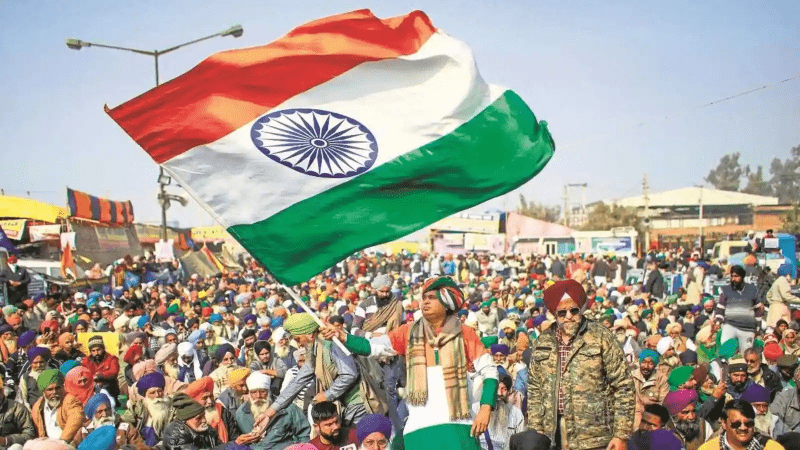
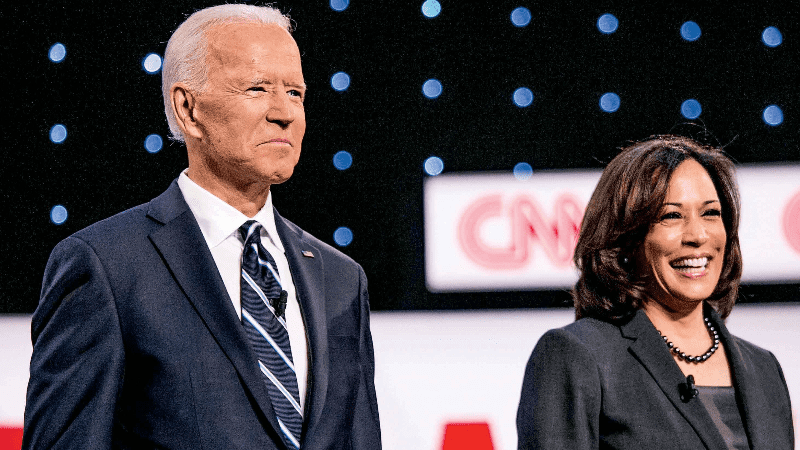

























Add Comment